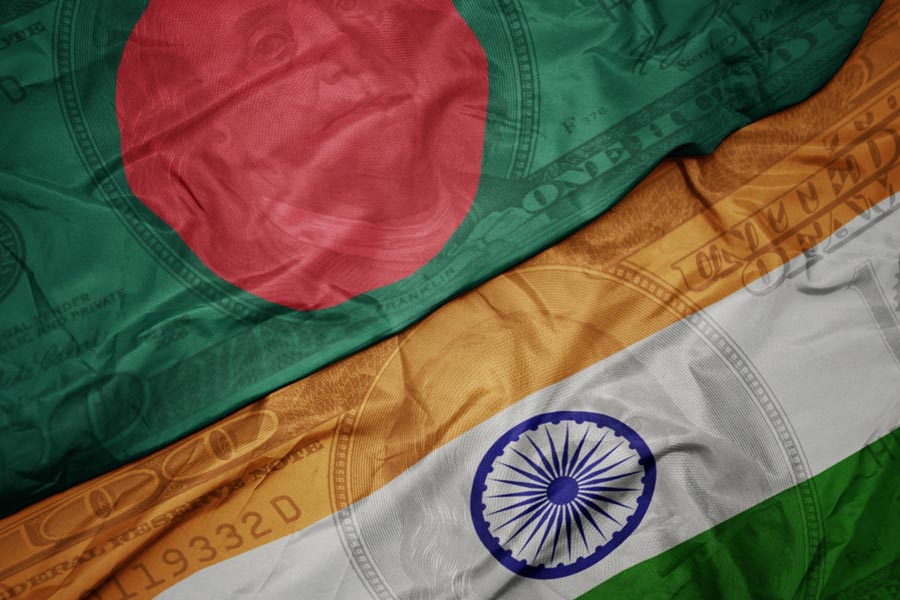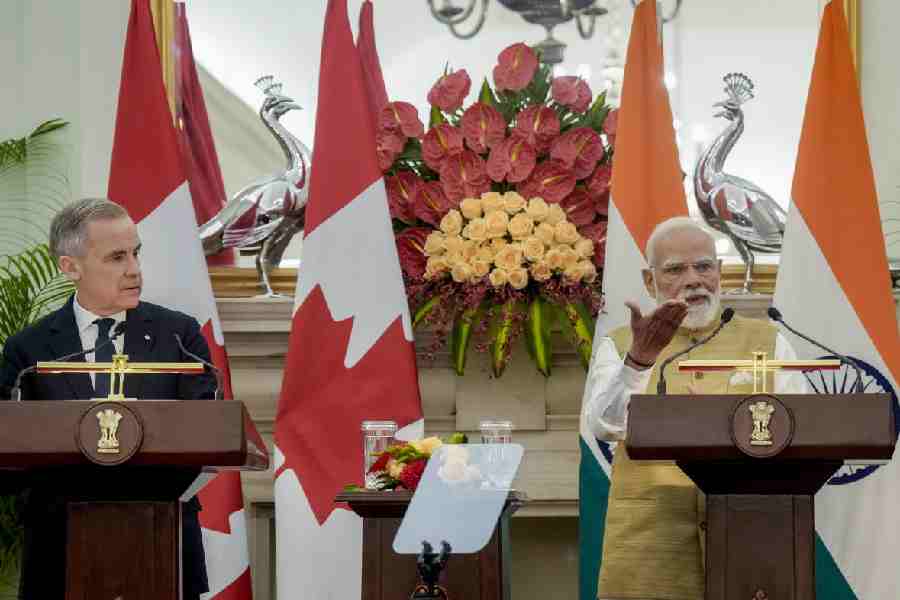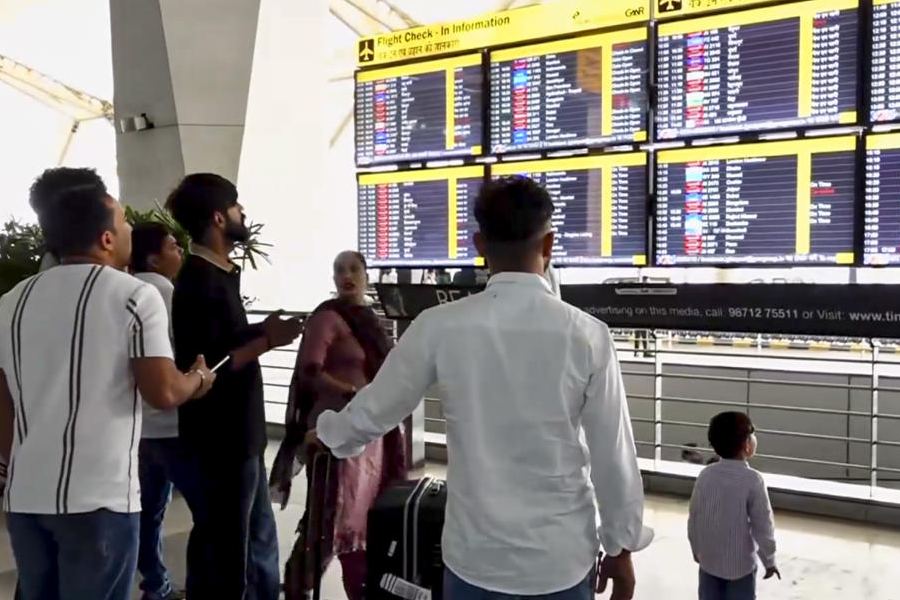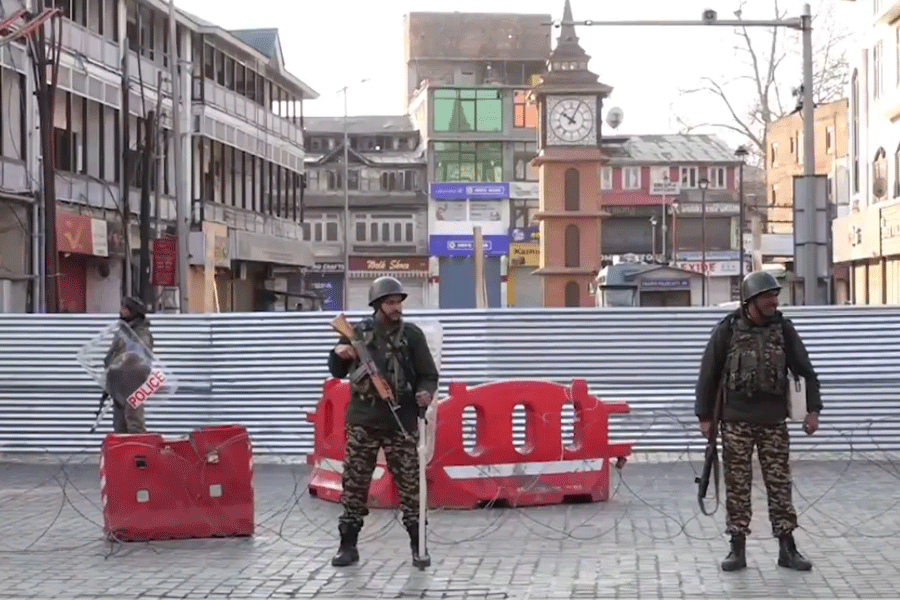The meeting between the Indian prime minister, Narendra Modi, and Bangladesh’s interim leader, Muhammad Yunus, in Bangkok was supposed to herald a potential breakthrough in the troubled relationship between both nations. Instead, within hours of the meeting, it became a symbol of just the opposite — the deep distrust that plagues India-Bangladesh ties. Mr Modi and Mr Yunus had not met each other in eight months since the latter took charge following the ouster of Sheikh Hasina, an ally of India, in August 2024. Bangladesh claimed that New Delhi had rebuffed previous efforts by Dhaka to set up a meeting: Mr Yunus had met Pakistan’s prime minister, Shehbaz Sharif, on more than one occasion and has visited Beijing for a conclave with the Chinese president, Xi Jinping. Whether or not Dhaka’s claim of an Indian cold shoulder is accurate, what is undisputed is the unease in New Delhi over Bangladesh’s growing bonhomie with China and Pakistan. The meeting in Bangkok would have only seeded more questions in the minds of Indian officials. Mr Yunus’s spokesperson, in a post on Facebook, claimed that when the Bangladesh leader brought up the prospect of Ms Wajed’s extradition from India, Mr Modi did not rule it out. While India has not officially responded to that claim, officials have informally disputed Bangladesh's description of the meeting. The Indian side instead emphasised that Mr Modi urged Mr Yunus to ensure the security of religious minorities in Bangladesh.
That New Delhi and Dhaka could not agree on an anodyne joint statement — diplomats are masters at issuing such notes which hide more than they say — underscores the wide gulf that separates the two governments. Bridging that will not be easy, especially if each side believes that the other lacks seriousness about stabilising ties. As the United States of America under President Donald Trump rips apart old alliances and relations with its neighbours, India must pursue the opposite path. It needs to work to strengthen regional organisations like the Bay of Bengal Initiative for Multi-Sectoral Technical and Economic Cooperation whose summit in Thailand was the backdrop for the meeting between Mr Modi and Mr Yunus. India and Bangladesh must find ways to defuse tensions as well. Uncertainty in key relations is undesirable.











